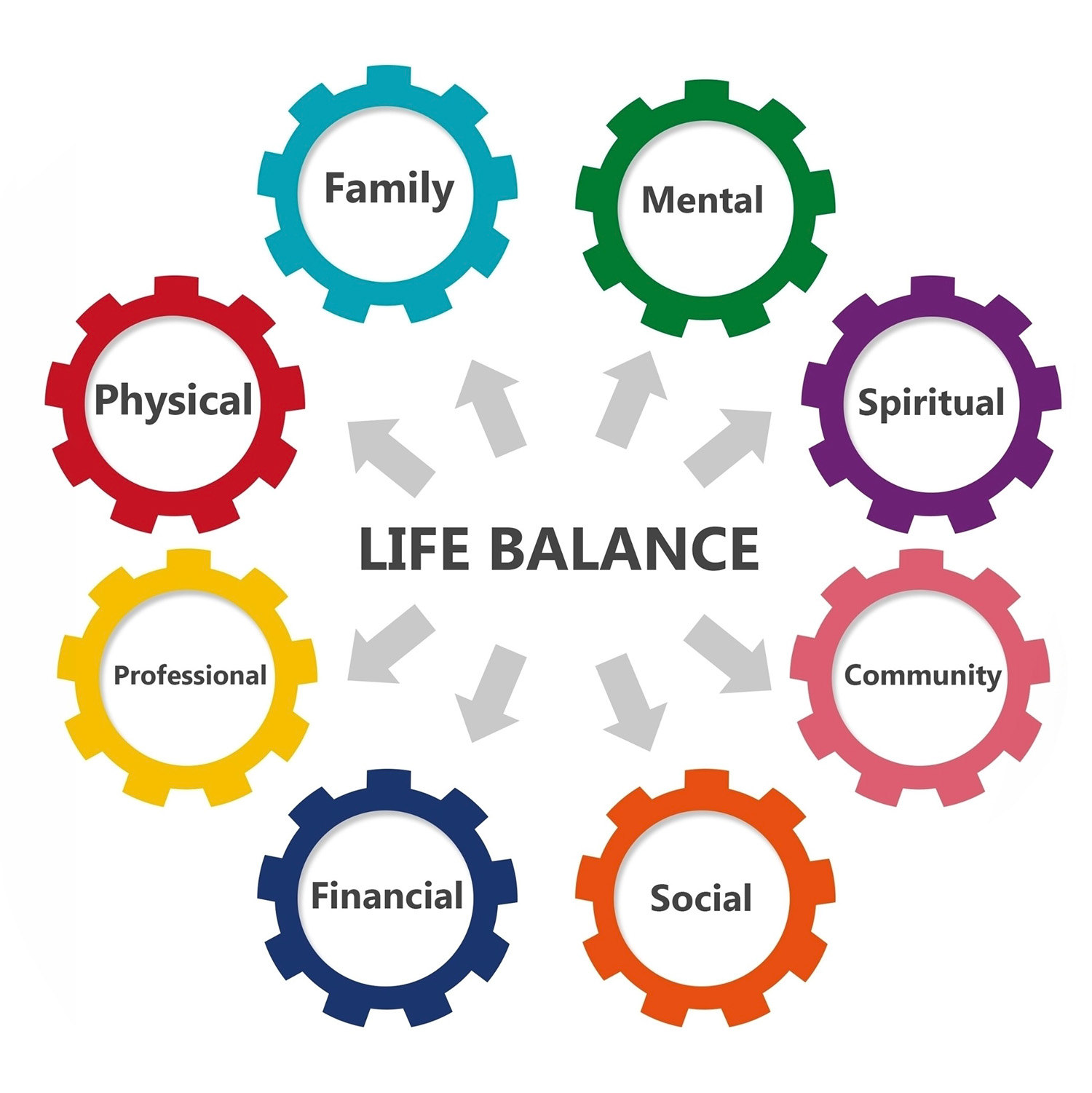Holistic Wellness
Welcome to the Lifestyle Psychiatry section, where mental wellness is nurtured through the integration of mind, body, and spirit. This approach embraces evidence-based Lifestyle Medicine strategies to promote balance, vitality, and overall well-being. Guided by the six pillars of Lifestyle Medicine: nutrition, physical activity, restorative sleep, stress management, avoiding harmful substances, and supportive relationships, these foundational practices support mental health. Optimizing these areas empowers individuals to experience a meaningful mental health transformation that fosters lasting resilience and improved quality of life. Explore the key areas of lifestyle health below and discover how they enhance to mental well-being.
The Role of Nutrition in Mental Health
Nutrition plays a pivotal role in mental health. The foods we consume influence the production and function of neurotransmitters, the brain chemicals responsible for mood and emotional regulation. For example, serotonin, which helps regulate mood and anxiety, can be supported by consuming foods rich in tryptophan, such as turkey, eggs, and nuts. Dopamine, associated with pleasure and motivation, can be boosted by eating bananas, avocados, and dairy products. Additionally, omega-3 fatty acids found in fish and flaxseeds support overall brain health, while complex carbohydrates like whole grains help stabilize blood sugar levels and reduce mood swings. Tailoring a diet to include these nutrient-rich foods can substantially support mental well-being, enhancing emotional stability, cognitive function, and overall brain health.


Mindful Eating for a Wholesome Life
What is consumed directly impacts mental and physical well-being. Mindful eating invites being fully present during meals and appreciating the flavors, textures, and nourishment food provides. It means making intentional choices to consume nutrient-rich foods that fuel the body and mind, support brain health, and stabilize neurotransmitter function. A whole-food, predominantly plant-based diet is a key pillar of Lifestyle Medicine, emphasizing fiber-rich, antioxidant-packed, and nutrient-dense foods. Choosing a variety of minimally processed vegetables, fruits, whole grains, legumes, nuts, and seeds provides essential vitamins, minerals, and phytonutrients that help regulate mood, reduce inflammation, and enhance cognitive function. Balanced nutrition supports emotional well-being and brain function, promoting a positive outlook on life while fostering a healthy relationship with food.
The Power of Exercise
Regular physical activity is more than just looking good; it’s about feeling good. Exercise is a crucial part of a healthy lifestyle, enhancing mood, boosting energy levels, and supporting both mental and physical health. Whether it’s yoga, a brisk walk in the park, strength training, or any activity you enjoy, making time for regular movement is essential. Regularly engaging in general physical activity and purposeful exercise helps combat the negative effects of sedentary behavior and builds long-term resilience. Exercise stimulates the release of endorphins, the body’s natural mood lifters, which can significantly impact mental health by reducing stress, improving focus, and promoting emotional balance.


Proper Sleep: The Ultimate Rejuvenator
Sleep is a cornerstone of good health. During sleep, the body repairs itself, and the mind processes emotions, memories, and cognitive functions essential for daily life. Insufficient or poor-quality sleep can contribute to stress, anxiety, and depression, leading to sluggishness, reduced attention span, decreased focus, and lower emotional resilience. Lack of sleep is also linked to hormonal imbalances, increased hunger, insulin resistance, and decreased overall performance, affecting physical and mental health. Striving for at least seven or more hours of quality sleep each night helps regulate mood, improve cognitive function, and support long-term well-being. Prioritizing good sleep hygiene, such as maintaining a consistent sleep schedule, creating a calming bedtime routine, and ensuring a comfortable sleep environment, can significantly enhance both physical and mental health, allowing individuals to wake up feeling rejuvenated.
Mind-Body-Spirit: Stress Resilience
Living a balanced lifestyle starts with recognizing the profound connection between the mind, body, and spirit. This interconnectedness ensures that caring for one aspect positively influences the others. A peaceful mind fosters a healthy body, while a nurtured spirit builds resilience to navigate life’s challenges. Managing stress effectively is essential to maintaining this harmony. While stress can be a natural part of life, chronic stress can contribute to anxiety, depression, immune dysfunction, and other health concerns. Recognizing negative stress responses and developing healthy coping mechanisms, such as mindfulness, relaxation techniques, and emotional regulation, can lead to greater mental clarity, physical vitality, and emotional balance.


Breaking Free from Harmful Habits
Harmful substances, such as tobacco and excessive alcohol, can disrupt both mental and physical health, increasing the risk of mood disorders, anxiety, and chronic health issues. Understanding the impact of these habits empowers individuals to make healthier choices through education, discussions, and personalized guidance. Avoiding risky substances is key to overall wellness. Reducing or quitting these habits often requires time, different approaches, and multiple attempts. Patience and support are essential for success. Learning practical strategies to minimize or eliminate harmful substances can support long-term wellness and emotional balance, allowing individuals to regain control over their health.
Encouragement Through Compassionate Support
Your health journey is unique, and having a strong support system plays a vital role in achieving balance. Positive social connections and meaningful relationships reinforce healthy behaviors, reduce stress, and promote emotional stability. Surrounding yourself with supportive people through family, friends, church, or professional guidance can strengthen resilience and support lasting change. Whether it’s about managing stress, making healthier dietary choices, or prioritizing movement, nurturing the mind, body, and spirit fosters resilience and supports a balanced, fulfilling life.

Embrace the path to a healthier, happier life by nurturing the mind, body, and spirit. Begin your journey toward a balanced lifestyle that supports mental and physical well-being.
Lifestyle FAQ
Lifestyle Psychiatry integrates evidence-based lifestyle interventions into mental health care, including nutrition, movement, sleep, and stress management. It focuses on how daily habits influence brain function, mood, and emotional health, allowing for a holistic approach to mental wellness. By addressing these foundational factors, Lifestyle Psychiatry provides additional tools to improve mental health alongside traditional treatments.
Lifestyle Psychiatry has its roots in Lifestyle Medicine, a field that emphasizes the use of Lifestyle Interventions to prevent and treat chronic diseases. This approach recognizes that many psychiatric symptoms, such as anxiety, depression, and sleep disturbances, can be influenced by stress, poor nutrition, or lack of physical activity. Lifestyle Psychiatry builds on this foundation, providing additional tools to support mental health by addressing these factors.
Traditional Psychiatry primarily focuses on medication management and therapy. In contrast, Lifestyle Psychiatry takes a holistic approach, prioritizing Lifestyle Interventions, such as nutrition, exercise, sleep, and stress management, as the foundation of care. This comprehensive approach addresses underlying contributors to mental health symptoms and optimizes overall functioning through sustainable lifestyle changes.
While lifestyle interventions can be powerful tools for mental health, they cannot replace the need for medication when necessary. Lifestyle Psychiatry works in harmony with Traditional Psychiatry treatments, providing additional strategies to improve symptoms, reduce medication reliance where appropriate, and support more sustainable treatment outcomes.
Lifestyle Psychiatry is a solution for everyone. Whether you’re looking to improve your mental clarity, emotional balance, or daily functioning, it can benefit you. It is particularly effective for individuals managing anxiety, depression, ADHD, hormonal imbalances, and stress-related conditions, making it an inclusive solution for a wide range of mental health needs.

